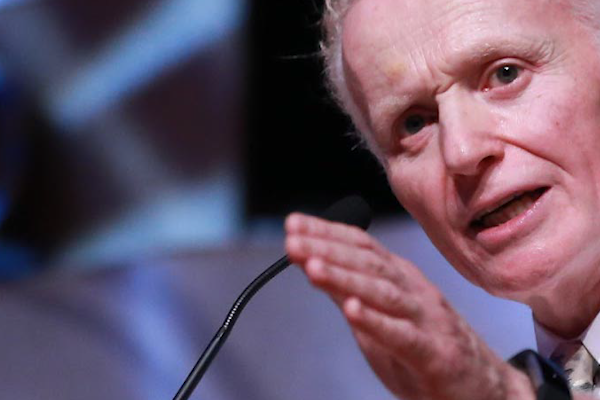Here is an Op Ed that appeared in the October 10th Buffalo News. Along with Dori Segal, Vice Chairman of Equity One Inc., I suggest that Americans make some non-obvious connections in thinking about dealing with their housing crisis. In particular we point out that immigration could be a powerful tool to restore demand and shore up housing values undermined by the sub-prime mortgage crisis:
With the prospect of a double-dip recession, continued stagnation in the housing market and little money in the kitty for more stimulus, it is the ideal time to rethink one of today’s most emotive political issues: immigration. America remains very attractive to the world’s best and brightest; entrepreneurial (and legal) immigrants could be put to work immediately solving the current crisis in return for a chance to be part of the American Dream.
How? Simple. The United States should immediately offer fast-track immigration to those willing to do two things: Buy a house in the United States for at least $250,000 in cash up front or of an area of 2,500 or more square feet and put another $250,000 cash in a government-insured account with a U. S. financial institution, or spend at least $250,000 cash to create a business in the United States employing a minimum of three U. S. citizens.
For this idea to work quickly, up-front entry requirements should be dramatically simplified. In exchange for documented proof of health status, absence of a criminal record and the recommendation of a financial institution or government agency in their home country, they should automatically be granted a green card good for three years during which the U. S. government would do a full due-diligence background check on them. And their green card should automatically become permanent when the three years is up—but only if the authorities do not find terrorist connections, fraudulent claims in the entry documents or other substantive grounds for rejection.
During this time these newcomers would not be allowed to rent, sell or mortgage their new house; they could only withdraw up to $50,000 a year from their account as a living allowance while they get themselves established, or they could use the money to create a U. S.-based business. They would not be eligible for welfare, unemployment benefits or any other government entitlement. And they would pay Uncle Sam taxes on income earned abroad as well as at home.
Suppose 1 million new immigrants (less than one third of 1 percent of the U. S. population) responded to this opportunity. They would make a deep commitment to America, bringing significant capital and ultimately becoming citizens while injecting $250 billion into the housing market without adding any strain to the financial system. Money placed into financial institutions would add $250 billion to their coffers, making them far more willing to begin lending to small businesses again. Or immigrants creating businesses would would create new jobs. Either way, the United States would gain.
This could pour half a trillion dollars into America along with some of the best and brightest people on the planet. All at no cost to U. S. taxpayers.



